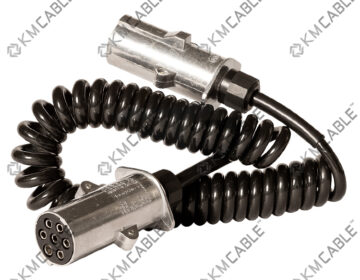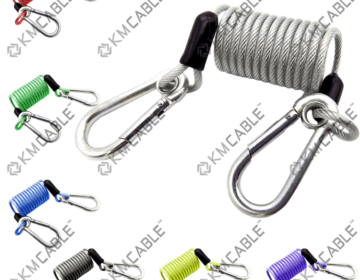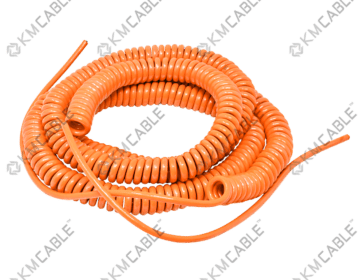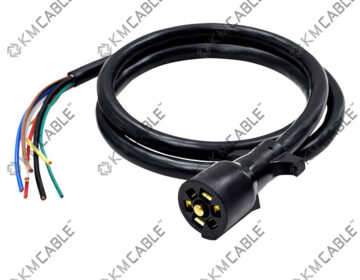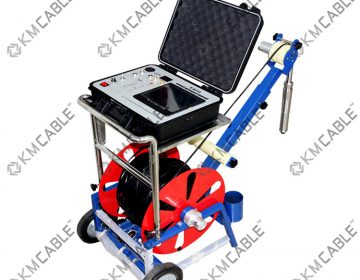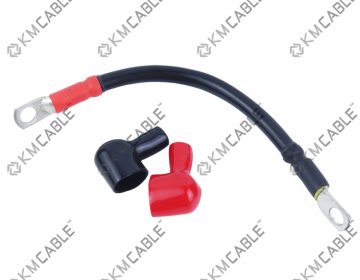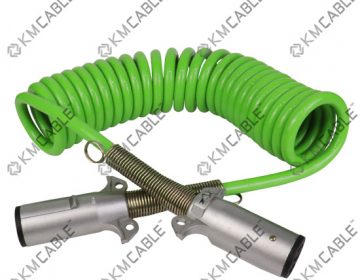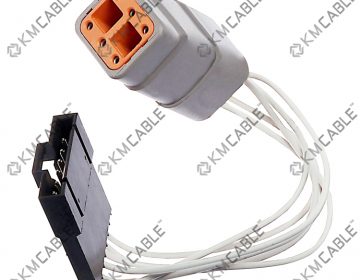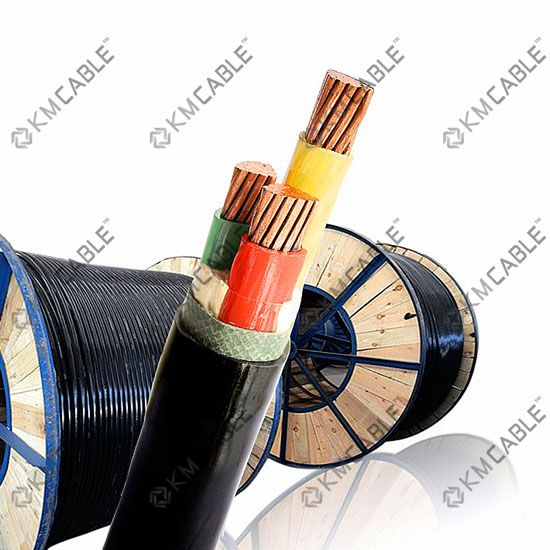
Electrical safety forms the backbone of residential, commercial, and industrial setups. Whether constructing a new building or renovating an existing one, ensuring the safe and efficient operation of electrical systems is non-negotiable. A critical aspect of achieving this is the use of UL-certified cables. These cables, certified by Underwriters Laboratories (UL), adhere to stringent safety, performance, and environmental standards. In this detailed guide, we’ll explore why UL-certified cables are essential for safe electrical installations, covering everything from their benefits to applications, risks of uncertified alternatives, and frequently asked questions.
Understanding UL Certification
UL certification is an internationally recognized mark of quality and safety. It is issued by UL Solutions, a global safety certification company that evaluates electrical products and materials to ensure they meet strict standards.
What Does UL Certification Entail?
1. Rigorous Testing: UL-certified cables undergo exhaustive testing to verify their fire resistance, insulation strength, heat tolerance, and overall reliability.
2. Compliance with Standards: UL benchmarks align with the National Electrical Code (NEC) and international safety standards, ensuring products are universally accepted.
3. Continuous Oversight: Even after certification, UL conducts regular audits of certified products to confirm ongoing compliance with safety and performance requirements.
The Importance of UL Certification
UL certification is more than a label; it is a guarantee of quality and reliability. It signals that a product has passed rigorous testing and is safe for use under specified conditions. For cables, this means reduced risks of fire, electrical shocks, and system failures.
Why UL-Certified Cables Matter
The use of UL-certified cables is crucial for ensuring safety, reliability, and compliance in electrical installations. Below are the key reasons why UL certification is indispensable.
1. Enhanced Electrical Safety
Safety is the cornerstone of UL certification. UL-certified cables are specifically designed to minimize risks associated with electrical installations. These include fire hazards, short circuits, and accidental electrocution. The rigorous testing ensures that certified cables can withstand challenging conditions without compromising safety.
2. Consistent and Reliable Performance
UL-certified cables offer reliability in performance. Whether in extreme temperatures, exposure to chemicals, or high-pressure environments, these cables maintain their functionality and structural integrity. This reliability is critical for installations in industrial plants, data centers, and residential systems alike.
3. Legal and Regulatory Compliance
Many local, national, and international building codes require the use of UL-certified products, including cables. Failing to meet these requirements can result in:
– Legal penalties and fines.
– Rejection of building inspections.
– Increased liability in the event of accidents.
4. Fire Resistance and Containment
Fires caused by faulty wiring or subpar cables can have devastating consequences. UL-certified cables are tested for their fire resistance, ensuring they can withstand high temperatures and help contain fire spread. This feature is particularly important in large-scale projects, where fire safety is a top priority.
5. Durability and Longevity
The materials and manufacturing processes used in UL-certified cables ensure they last longer than uncertified alternatives. They resist wear and tear, reducing the need for frequent replacements and maintenance. This translates into cost savings over time, making them a smart investment.
Types of UL-Certified Cables
UL certification applies to various cable types, each designed for specific applications. Below are some of the most commonly used UL-certified cables:
1. Power Cables
These cables handle the transmission of electricity in residential, commercial, and industrial setups. UL certification ensures they can manage high voltages without compromising safety.
2. Communication Cables
Designed for telecommunications and data transfer, these cables support high-speed internet, telephone systems, and network infrastructures.
3. Coaxial Cables
Ideal for radio frequency (RF) signals, coaxial cables are commonly used in television networks and security camera systems.
4. Fiber Optic Cables
Fiber optic cables are crucial for high-speed data transfer and telecommunication systems. UL certification guarantees their reliability and safety in handling large volumes of data.
5. Specialty Cables
These include cables designed for specific industries, such as automotive wiring, marine applications, and renewable energy systems like solar and wind power.
Applications of UL-Certified Cables
UL-certified cables are versatile and find applications in a variety of settings, including residential, commercial, industrial, and specialized environments.
1. Residential Applications
In homes, UL-certified cables are used for wiring lighting systems, power outlets, HVAC units, and home automation systems. These cables protect families from electrical hazards while ensuring reliable performance.
2. Commercial Installations
Office buildings, retail spaces, and educational institutions rely on UL-certified cables for lighting, communication systems, elevators, and fire alarm systems.
3. Industrial Use
In factories and manufacturing plants, UL-certified cables handle heavy machinery, power distribution, automation systems, and specialized equipment. Their durability ensures they can withstand harsh environmental conditions.
4. Renewable Energy Systems
Solar and wind energy setups require cables that can withstand UV exposure, extreme temperatures, and other environmental challenges. UL-certified cables meet these requirements, making them ideal for renewable energy projects.
5. Data Centers and IT Infrastructure
With the increasing demand for data, UL-certified communication cables play a vital role in ensuring reliable internet and networking solutions in data centers and IT hubs.
Risks of Using Non-UL-Certified Cables
Choosing uncertified cables may seem cost-effective initially, but it poses significant long-term risks:
1. Electrical Hazards: Subpar materials and manufacturing processes can lead to overheating, short circuits, and electrical shocks.
2. Fire Risks: Uncertified cables often fail to meet fire resistance standards, increasing the likelihood of catastrophic fires.
3. Non-Compliance with Regulations: Projects using uncertified cables may face legal penalties and fail building inspections.
4. Voided Insurance Claims: Many insurance policies require UL-certified components. Using uncertified cables can void coverage in case of accidents.
5. Frequent Failures: Inferior quality results in more frequent breakdowns, leading to higher replacement and maintenance costs.
How to Identify UL-Certified Cables
When purchasing cables, it is crucial to ensure they are UL-certified. Here’s how you can verify their authenticity:
1. Look for the UL Mark
UL-certified cables display the UL mark, often accompanied by a file number and the word “Listed” or “Classified.”
2. Use the UL Product iQ Database
UL provides an online database, Product iQ, where consumers can verify the certification status of a product using its file number or other identifying information.
3. Check the Packaging
Certified cables come with detailed packaging that specifies their UL certification and other technical specifications.
4. Verify Seller Credibility
Purchase cables from trusted manufacturers and distributors who have a track record of offering certified products.
UL Certification and Sustainability
In addition to safety, UL certification promotes sustainability. Many UL-certified cables are made from environmentally friendly materials and comply with green building standards. Using these cables helps reduce environmental impact, making them a preferred choice for eco-conscious projects.
Frequently Asked Questions About UL-Certified Cables
1. What is UL certification?
UL certification is a safety standard provided by Underwriters Laboratories, ensuring that products meet stringent safety and performance requirements.
2. Are UL-certified cables more expensive?
UL-certified cables may have a slightly higher upfront cost, but their durability, reliability, and compliance with safety standards make them cost-effective in the long run.
3. Can UL-certified cables be used outdoors?
Yes, many UL-certified cables are designed for outdoor use and are resistant to environmental factors like UV radiation, moisture, and temperature fluctuations.
4. What does the UL mark on cables signify?
The UL mark indicates that the cable has been tested and meets UL’s safety and performance standards. It provides assurance of quality and compliance.
5. Are UL-certified cables required for all projects?
While not all projects mandate UL-certified cables, using them is highly recommended to ensure safety, legal compliance, and long-term reliability.
6. How do UL-certified cables support high-speed data transfer?
UL-certified communication cables are tested for performance standards, ensuring they can handle high-speed data transfer with minimal signal loss or interference.
Conclusion: Prioritizing Safety with UL-Certified Cables
Electrical installations are only as safe and reliable as the components used. UL-certified cables stand out as a hallmark of quality, safety, and performance. By choosing these cables, you safeguard lives, protect property, and ensure the longevity of your electrical systems.
Whether you’re a homeowner, contractor, or facility manager, opting for UL-certified cables is an investment in peace of mind. The upfront cost is outweighed by the long-term benefits of reduced risks, compliance with regulations, and enhanced system performance.
Choose UL-certified cables for your next project and take the first step toward a safer and more efficient electrical installation.

